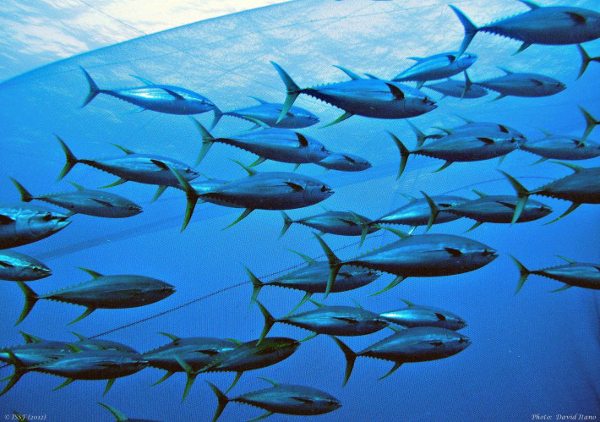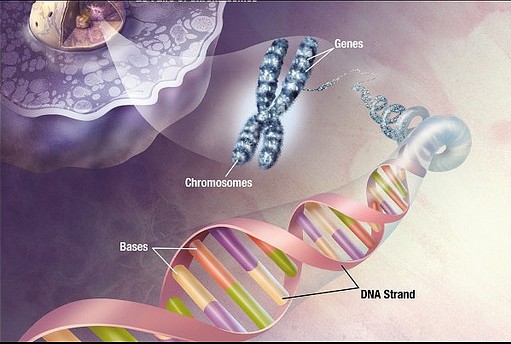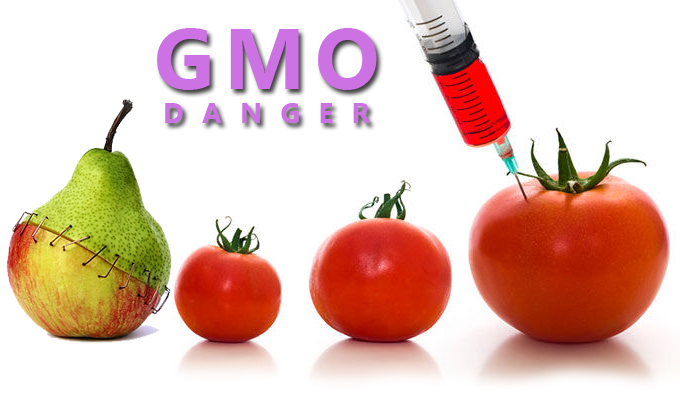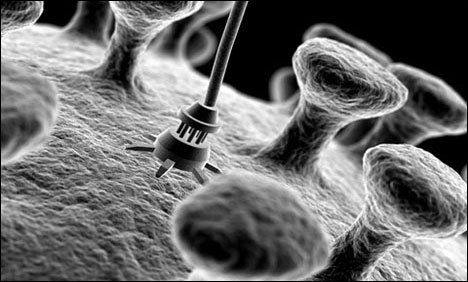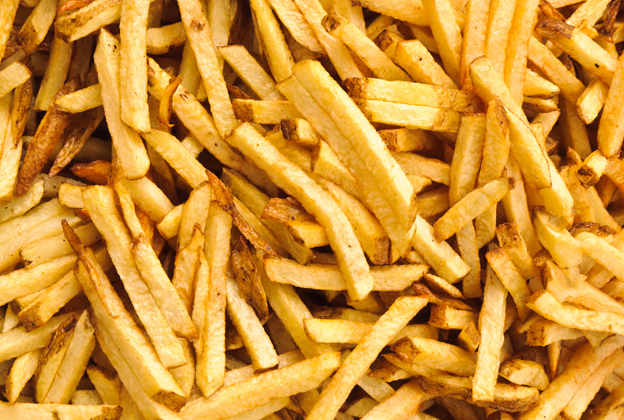
,he pesticides used on potato farms in rural Minnesota are harming human health and the environment. There’s no doubt that McDonald’s french fries are, as the company regularly trumpets, “world famous.” But like many who are touched by fame, those legendary taters have a dark side that remains largely hidden from public view. And this dark side has nothing to do with the obesity crisis. McDonald’s purchases more than 3.4 billion pounds of potatoes grown in the United States every year. The company’s preferred variety is Russet Burbank. While certainly delicious to the “billions served,” the problem with this 130-year-old variety is its susceptibility to rot and other diseases, which means farmers regularly employ a significant amount of pesticides on their crops. Rural communities in […] Read More

